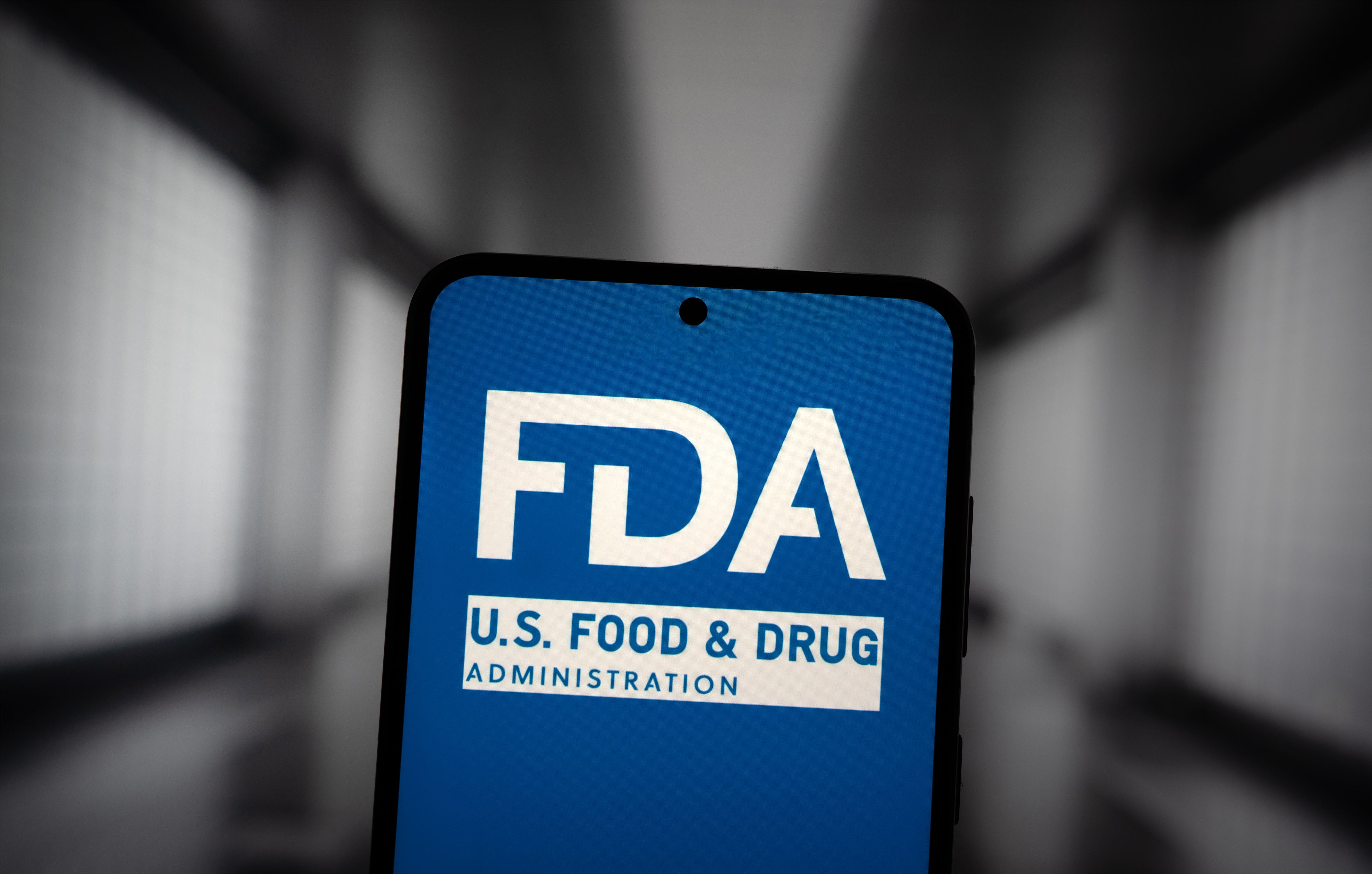Article
Trending Health News: Cancer Overtaking Heart Disease as Leading Cause of US Death
Author(s):
Top news of the day from across the health care landscape.
By being more selective about giving patents to pharmaceutical companies, the United States could help lower drug prices, reported NPR. In a study published in the Journal of the American Medical Association (JAMA), researchers found that brand-name drugs with patents that grant exclusivity account for approximately 72% of drug spending, even though they comprise approximately 10% of all prescriptions dispensed. The study authors said that the patent office too often grants patents for drug properties that have no bearing on its therapeutic value, and these patents allows drug manufacturers to keep competitors out of the market. Although there is a popular argument by drugmakers that the high cost of their products help them recoup the costs of developing new drugs. However, the current study found no relationship between the development costs and profits on medications, according to NPR.
The average cost of EpiPens have skyrocketed, and lawmakers are demanding information on why prices have increased, reported the Associated Press. In 2007, a 2-dose package cost around $94; however, the average cost has jumped more than 6 times since then, selling for an average $608 in May. US legislators have written Mylan, the manufacturer of the devices, inquiring more information on these price jumps. Mylan issued a statement on Monday that it offers savings programs for patients, and also provides free EpiPens to schools. The company also cited recent changes in health insurance resulting in higher deductible costs for many families, reported AP. “This current and ongoing shift has presented new challenges for consumers, and now they are bearing more of the costs,” Mylan said in the statement.
Cancer has officially surpassed heart disease as the leading cause of death in 22 states, according to a new report from the US Centers for Disease Control and Prevention (CDC). According to the Los Angeles Times, at the start of this century there were only 2 states — Alaska and Minnesota – that had lost more people to cancer than heart disease. However, nationwide, heart disease is still the leading cause of death with 614,348 US residents dying of heart disease, compared with 591,699 from cancer in 2014. For Asian Americans and Latinos, cancer has become the leading cause of death.
Newsletter
Stay informed on drug updates, treatment guidelines, and pharmacy practice trends—subscribe to Pharmacy Times for weekly clinical insights.






